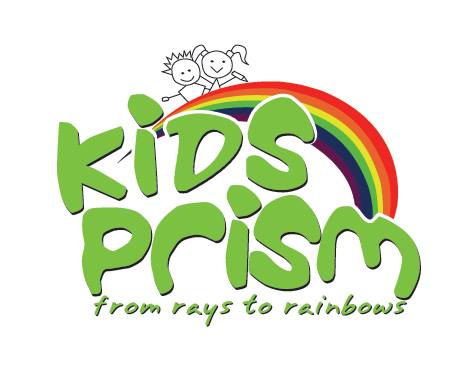To write about friendships is the most difficult. We do not really put the theory on why we make friends and choose to connect with certain people. But there is a lot of logic on why we do.
There are times when our friends do tend to test our limits. Most times we make peace with it. Eventually, both parties do realize the bond is way more crucial than a minor fight. But there are times when an individual does drive us to a point of no return.
What do we do in such cases? We have all been there. Often we look out for a little bit of help to see things clearly.
We make friends based on our surroundings.
For instance, while at school, college, university and later workspaces, or even neighbourhood, we are subjected to a limited number of individuals. In that space, we make a choice to connect with a few. Thus, often our connections are not whole-hearted. Most times it gets in the way when we do crave a wholesome connection. There is nothing wrong in harbouring varied friendships for varied purposes, but if and when it goes against us, below is a helpful guide on how to deal with it.
‘Our friendship with an individual is a bond of shared experiences and moments’.
1. Don’t take it personally.
If a friend is insecure, they may have a tendency to take it out on you. Whether it is a friendship or a relationship, the advice is the same. It is not about you, but them. So the best way out is to not take the discomfort personally. We should understand where it is coming from. Most of the times they are suffering. Patience works best for both.
2. Choose a positive outlook.
If a friend is being difficult momentarily or for whatever reason, it is best to consider a positive approach. If we have known our friends for long and we know they are better than being the way they are now, it is best to look for the good rather than so quickly expecting the worst. Most often, it is a phase and we both grow into it harbouring a stronger bond. The question then is – whether this particular friendship is worth putting an effort into?
3. Give back as much as is needed not more.
Often there are friends we connect within other levels but when it comes to commitment to the value of the bond, they slack. It is the best to realize that perhaps they are not capable of giving back as much as you’d like them to. We can choose to then understand the texture of the bond and adjust accordingly. It is never a good option to have expectations. Accept that this is how your friend is and find reasons to value the good.
4. Let them be.
If a friend is intentionally being difficult and is so far into their self-destructive nature that they can’t help themselves, it is best to let them be. Often it is best to help someone out if they are ready to be helped. And when we leave people to their own devices, they learn the best. Often giving in to their tantrums fuels them more.
5. Nourish Honest Communication.
Communicating honestly with the particular friend that they are being unreasonable or the fact that their actions are affecting you is a good option. A bond should be cherished on communication. A true friendship will strengthen on in spaces of honestly. If a friend is true in their commitment to your bond, they will understand and reflect in the long run, regardless of their behaviour.
It is best to have a conversation about what it is that is bothering you. Sit down with your friend and talk, suggests Deepak Chopra.
6. Make sure you don’t get drained because of them.
In any relationship, we ought to put ourselves first. This is only because if we are happy, only then we can give out the same energy to others around us. At the same time, we are not really responsible for the happiness of others but our own. If you feel a friend’s behaviour is draining us, it is best to distance ourselves from them.
7. Let go.
If a friendship is hovering on toxicity and there is no helping point, the best way out is to let go. Some people may have felt friendly or you did harbour a special connection, however, if it goes against your value system and peace of mind, the best possible thing is to filter such people from your life.
8. Not every situation requires confrontation.
Getting angry at every little annoying behavior of a friend is not healthy for you either. We should eventually learn to let go of minor irritants and focus on the good little things.
‘We should have the power to decide if a situation is serious enough to be addressed.’
9. Separate the person from the issue.
It is very important for this demarcation to exist. We should understand that before judging a person by their character, it is important to understand where they are coming from. Focus on the impending issue.
We can’t really change situations but can change our reaction towards it.
If a friend is being difficult for whatever reasons they are, we only have the power of our own reaction towards the issue. Often we have the capacity to alter our reaction. Best not to get affected so fast and look for the good. Else if it is not working out, there is an option of letting go. It is often the best possible step. Friendships ultimately come from a genuine connection basis and it is a bond of love. If love is no longer there, indifference is preferred.












